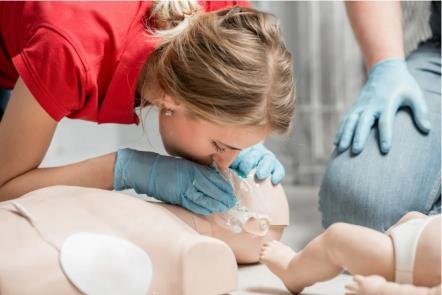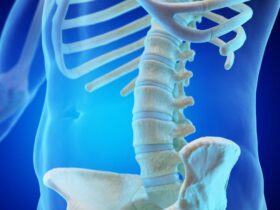First aid helps you in equipping yourself with great skills that can make a significant difference in emergency situations. Whether you’re at home, work, or out in the community, having the knowledge and confidence to provide immediate medical assistance can save lives. This article focuses on the importance of first aid training and how it empowers individuals to respond effectively to various emergencies.
Significance of First Aid
Emergencies can happen anytime and anywhere. Therefore, one must learn basic first aid. This can mean the difference between life and death. From minor injuries to serious incidents such as cardiac arrest, knowing how to administer it can stabilise a person’s condition until professional help arrives. In fact, immediate intervention can improve the chances of survival and reduce the impact of injuries.
Key Benefits of First Aid Training
One of the primary benefits of learning first aid is the ability to act swiftly and confidently during emergencies. First aid courses cover essential topics, including cardiopulmonary resuscitation (CPR), wound care, fracture management, and dealing with medical emergencies. By acquiring these skills, individuals become better prepared to assess situations, provide appropriate care, and potentially prevent further harm.
Moreover, the training instils a sense of responsibility and empowerment. Participants learn to remain calm under pressure and take decisive action when faced with adversity. These skills benefit the individual and contribute to building safer and more resilient communities. In workplaces, employees with such certification can create safer environments and mitigate risks associated with accidents or injuries.
Accessibility of Courses
You can learn first aid via courses that are widely available and cater to individuals of all backgrounds and skill levels. Whether you’re a parent, teacher, healthcare professional, or just someone who wants to remain prepared for emergencies, there’s a course suited to your needs. Many organisations, including schools, community centres, and medical institutions, offer certified training programs conducted by experienced instructors.
Additionally, advancements in the medical field have made it easier than ever to access first aid resources online. From instructional videos to interactive modules, individuals can supplement their learning and refresh their skills at their own pace. Some platforms even offer virtual simulations that allow participants to practise emergency scenarios in a realistic environment, further enhancing their readiness to respond effectively.
Role of First Responders
In emergencies, first responders play an important role in providing immediate medical assistance until professional medical help arrives. These individuals are often trained in advanced techniques and are equipped with essential medical supplies and equipment. Whether it’s a paramedic responding to a car accident or a lifeguard performing water rescue, responders are trained to assess the situation. They administer necessary interventions and prioritise the safety and well-being of those in need.
Community Impact of First Aid Training
Beyond individual preparedness, learning first aid has a broader impact on community safety and resilience. When more people are trained in it, the likelihood of bystander intervention increases, leading to quicker response times and better outcomes for victims. This collective knowledge creates a safety net within communities, where individuals look out for one another and are prepared to lend a helping hand when emergencies arise.
Therefore, training courses promote a culture of preparedness and proactive risk management. By educating the public about common medical emergencies and how to respond effectively, communities become better equipped to handle crises and mitigate their impact. This proactive approach can help save lives.
Make sure that you learn first aid, which is an important skill that empowers individuals to respond confidently and effectively in emergencies. By acquiring basic knowledge, individuals can make a difference in the lives of people and contribute to building safer and more resilient communities. So, consider enrolling in a course today and take a step towards becoming a prepared and empowered responder.





